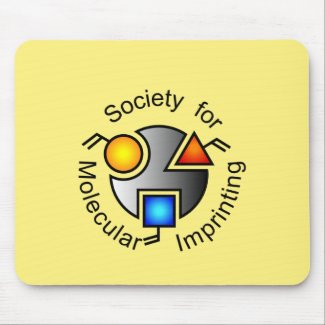
Authors: Borovicka J, Metheringham WJ, Madden LA, Walton CD, Stoyanov SD, Paunov VN
Article Title: Photothermal Colloid Antibodies for Shape-Selective Recognition and Killing of Microorganisms.
Publication date: 2013
Journal: Journal of the American Chemical Society
Volume: 135
Issue: (14)
Page numbers: 5282-5285.
DOI: 10.1021/ja400781f
Abstract: We have developed a class of selective antimicrobial agents based on the recognition of the shape and size of the bacterial cells. These agents are anisotropic colloid particles fabricated as negative replicas of the target cells which involve templating of the cells with shells of inert material followed by their fragmentation. The cell shape recognition by such shell fragments is due to the increased area of surface contact between the cells and their matching shell fragments which resembles antibody-antigen interaction. We produced such 'colloid antibodies' with photothermal mechanism for shape-selective killing of matching cells. This was achieved by the subsequent deposition of (i) gold nanoparticles (AuNPs) and (ii) silica shell over yeast cells, which were chosen as model pathogens. We demonstrated that fragments of these composite AuNP/silica shells act as 'colloid antibodies' and can bind to yeast cells of the same shape and size and deliver AuNPs directly onto their surface. We showed that after laser irradiation, the localized heating around the AuNPs kills the microbial cells of matching shape. We confirmed the cell shape-specific killing by photothermal colloid antibodies in a mixture of two bacterial cultures of different cell shape and size. This approach opens a number of avenues for building powerful selective biocides based on combinations of colloid antibodies and cell-killing strategies which can be applied in new antibacterial therapies
Template and target information: bacterial cells, yeast cells



Join the Society for Molecular Imprinting

New items RSS feed
Sign-up for e-mail updates:
Choose between receiving an occasional newsletter or more frequent e-mail alerts.
Click here to go to the sign-up page.
Is your name elemental or peptidic? Enter your name and find out by clicking either of the buttons below!
Other products you may like:
 MIPdatabase
MIPdatabase









